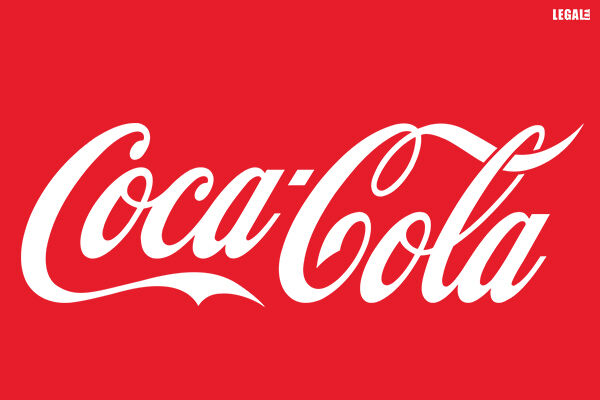
Federal Court rules against Coca Cola in a suit to cancel US trademarks of its drinks.
Coca-Cola Co filed a trademark suit for canceling the registration of U.S trademarks owned by Meenaxi Enterprise for Thums Up and Limca, which Coca-Cola sells in India. The Federal Court held that Coca-Cola Co’s sales of Thums Up and Limca sodas in India and other countries did not justify canceling another company’s U.S. trademarks for soft drinks with the same name.
The Court held that Coca-Cola failed to prove that it suffered any harm in the US that would justify challenging Meenaxi.
Thumbs Up and Limca is sold extensively in India and other countries in Asia and Africa. Coca-Cola also said importers have been selling them in America since at least 2005.
Meenaxi has been selling drinks with the same name to Indian grocers in the United States since 2008 and received federal trademarks for them in 2012. Coca-Cola asked the U.S. Patent and Trademark Office to cancel the registrations in 2016.
The Trademark Trial and Appeal Board found Coca-Cola could file the case on the grounds that Meenaxi’s products could harm the reputation of its drinks among Indian-Americans. It canceled the registrations after finding Meenaxi was trying to “dupe” U.S. consumers.
In response to that, the Federal Circuit stated that the board erred in letting Coca-Cola challenge the trademarks because the company did not show it had been injured in the United States.
It was noted that Coca-Cola does not sell the drinks widely in America and did not demonstrate any lost sales from Meenaxi’s products. Sales of the drinks by third-party importers also did not establish standing for the company under trademark law.
The Court was of the opinion that the alleged harm to Coca-Cola’s reputation among the Indian-American community could not sustain the case either. The Federal Circuit said there was “no basis to assume that an American of Indian descent is aware of brands in India,” and the board’s opposite conclusion relied “at least in part on stereotyped speculation.”
The present petition was thereby dismissed.